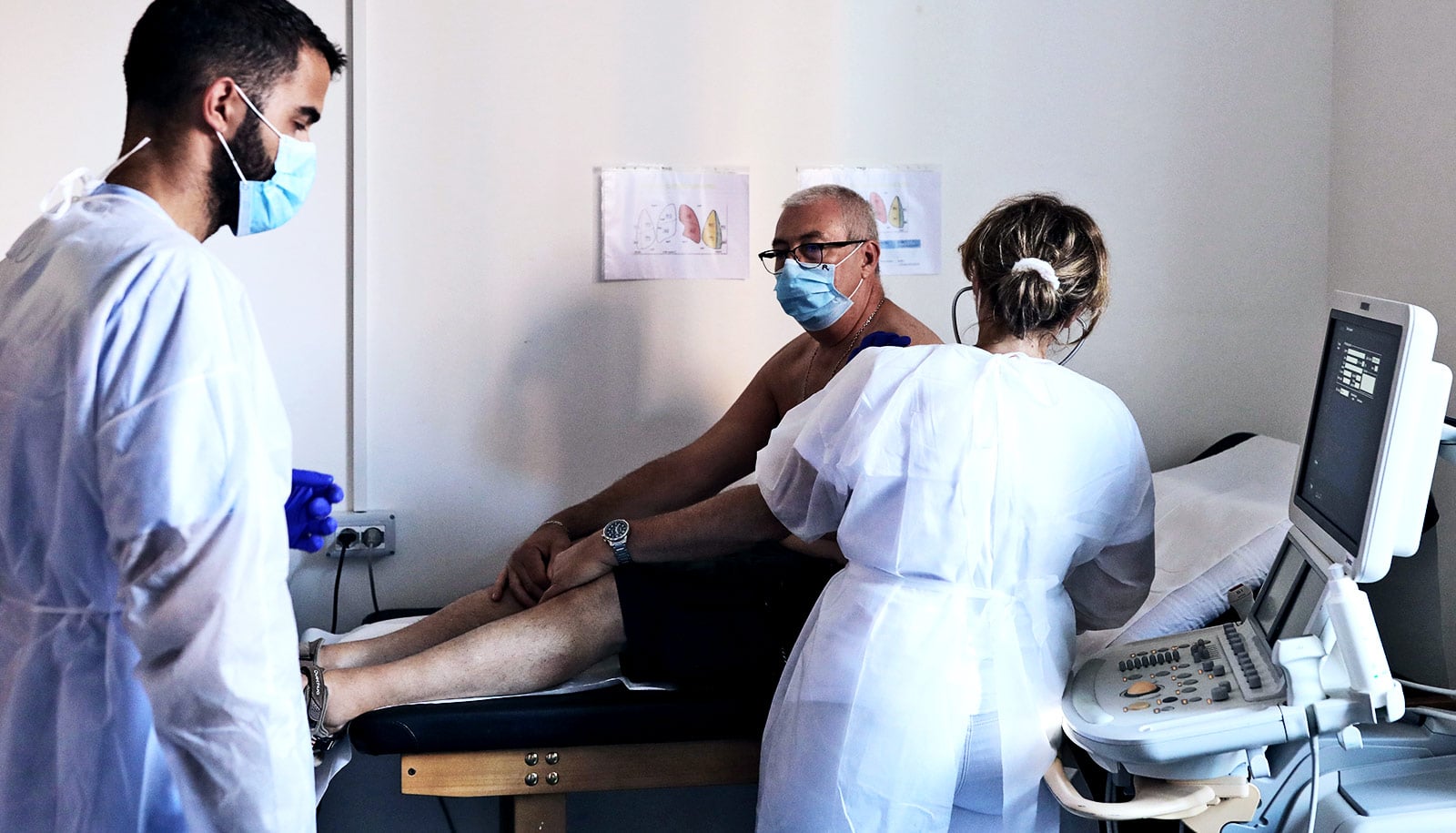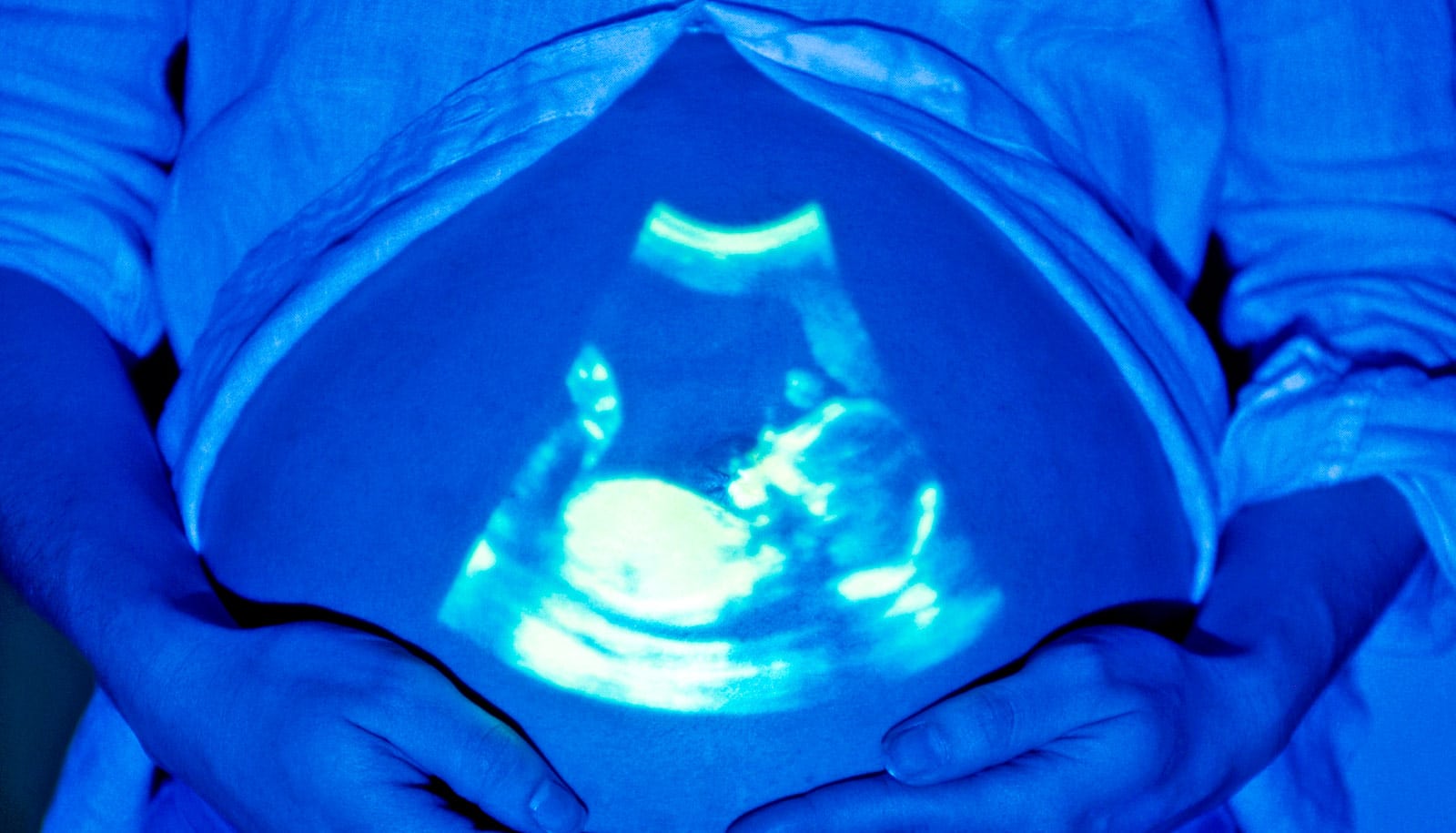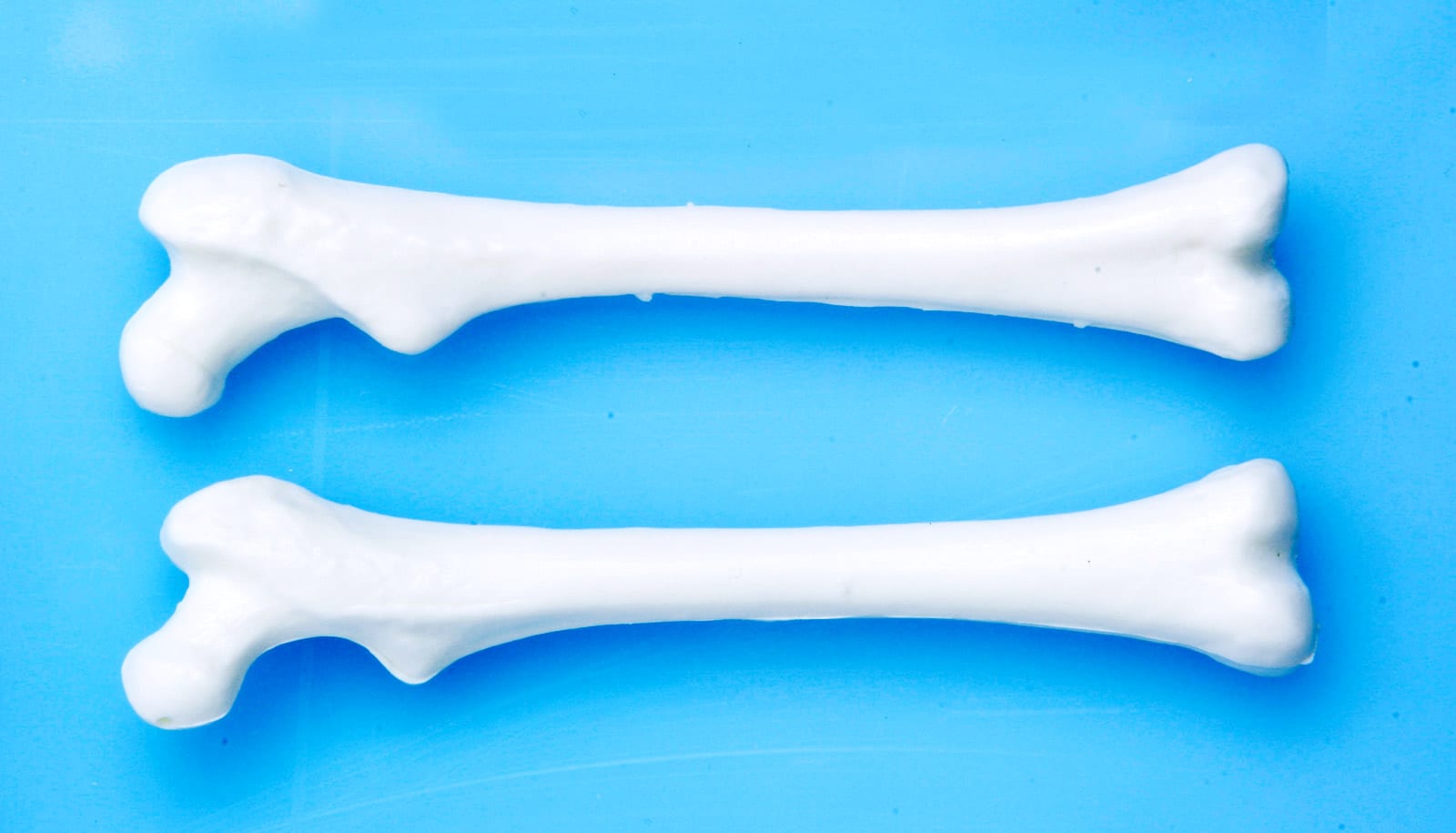A new technique for creating ultrasound images is substantially simpler than existing techniques and could significantly drive down technology costs, researchers report.
“This is really a completely new field for ultrasound…”
“Conventional ultrasound devices have a receiver that detects ultrasonic waves and converts them into an electrical signal, which is then sent to a computer that processes the signal and converts it into an image,” says Xiaoning Jiang, a professor of mechanical and aerospace engineering at North Carolina State University and co-corresponding author of a paper on the work in ACS Applied Materials & Interfaces.
“We’ve created a device that effectively eliminates the electrical signal processing altogether.”
Specifically, the researchers have developed a receiver that incorporates a piezoelectric crystal and an organic light-emitting diode (OLED). When an ultrasonic wave hits the crystal, it produces voltage, which causes the OLED to light up. In other words, the image appears on the OLED screen, which is built into the receiver itself.
“Our prototype is a proof-of-concept, so we designed it with an OLED array that is 10 pixels by 10 pixels; the resolution isn’t great,” says co-corresponding author Franky So, professor of materials science and engineering. “However, I can easily make it 500 pixels by 500 pixels, boosting the resolution substantially.
“Conventional ultrasound imaging probes can cost upward of $100,000 because they contain thousands of transducer array elements, which drives up manufacturing costs,” So says. “We can make ultrasound receiver-display units for $100 or so.”
“This is really a completely new field for ultrasound, so we’re only beginning to explore the potential applications,” Jiang says.
“However, there are obvious near-term applications, such as non-destructive testing, evaluation, and inspections in the context of structural health monitoring.”
The researchers are interested in collaborating with industry partners to explore commercial applications.
Additional coauthors are from NC State and the Korea Institute of Science and Technology.
Source: NC State



